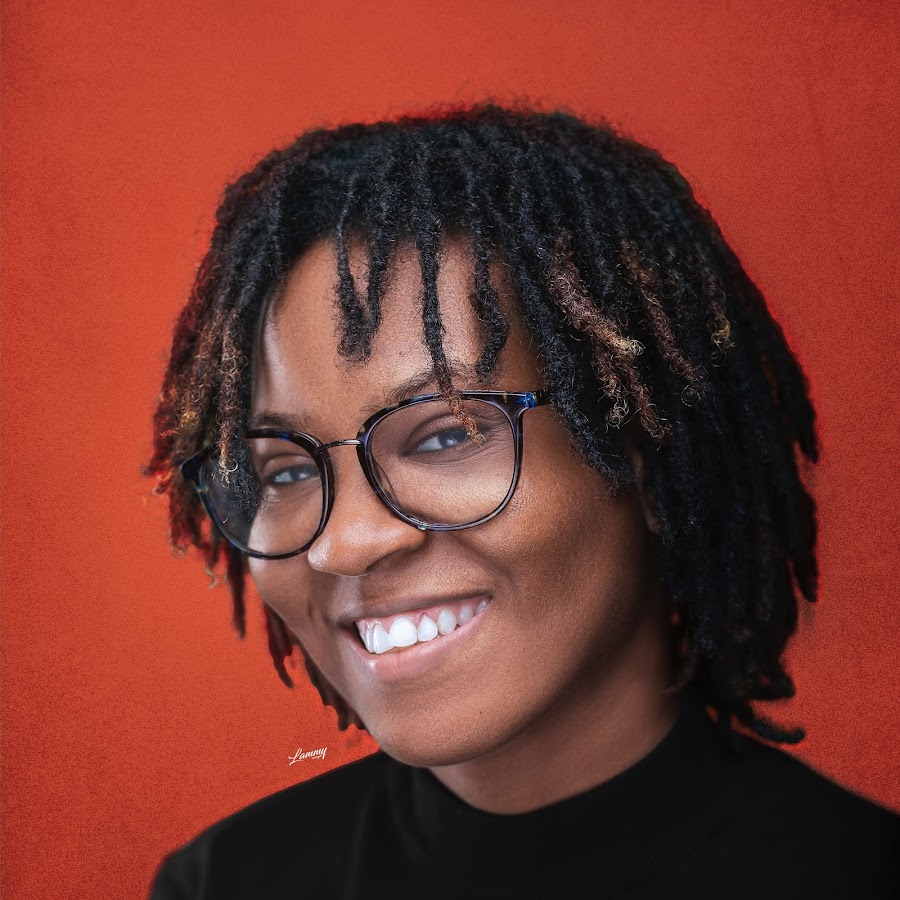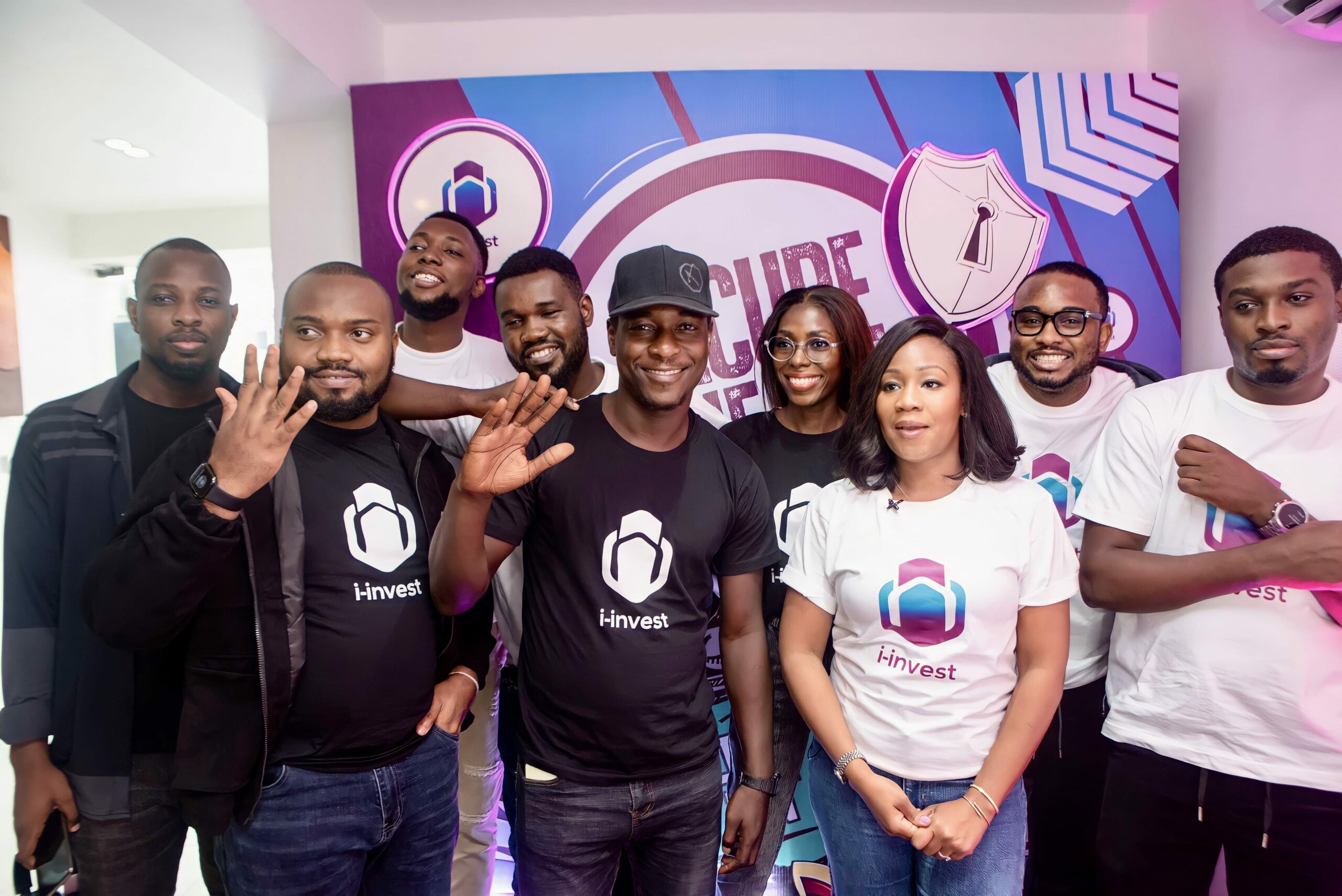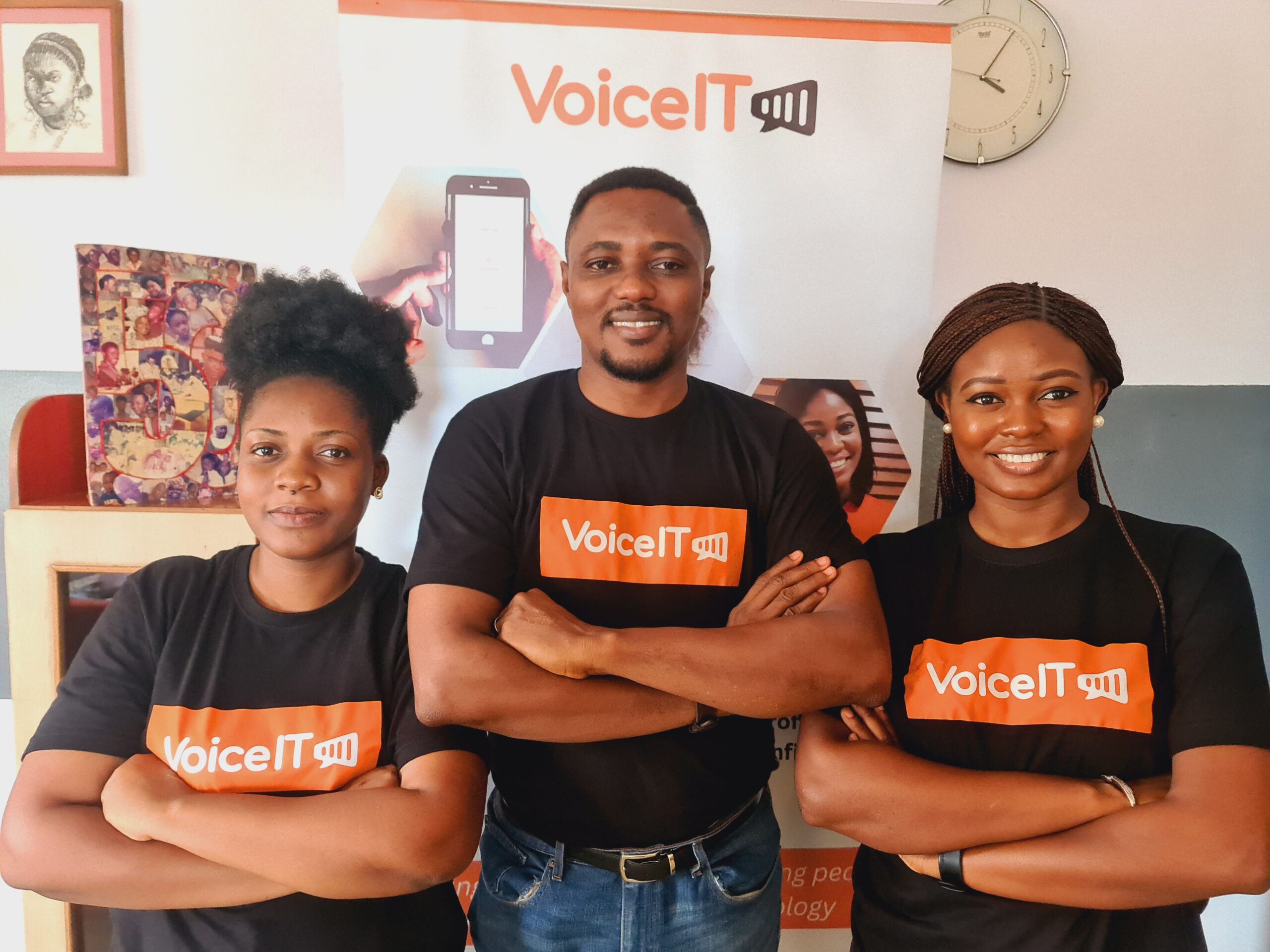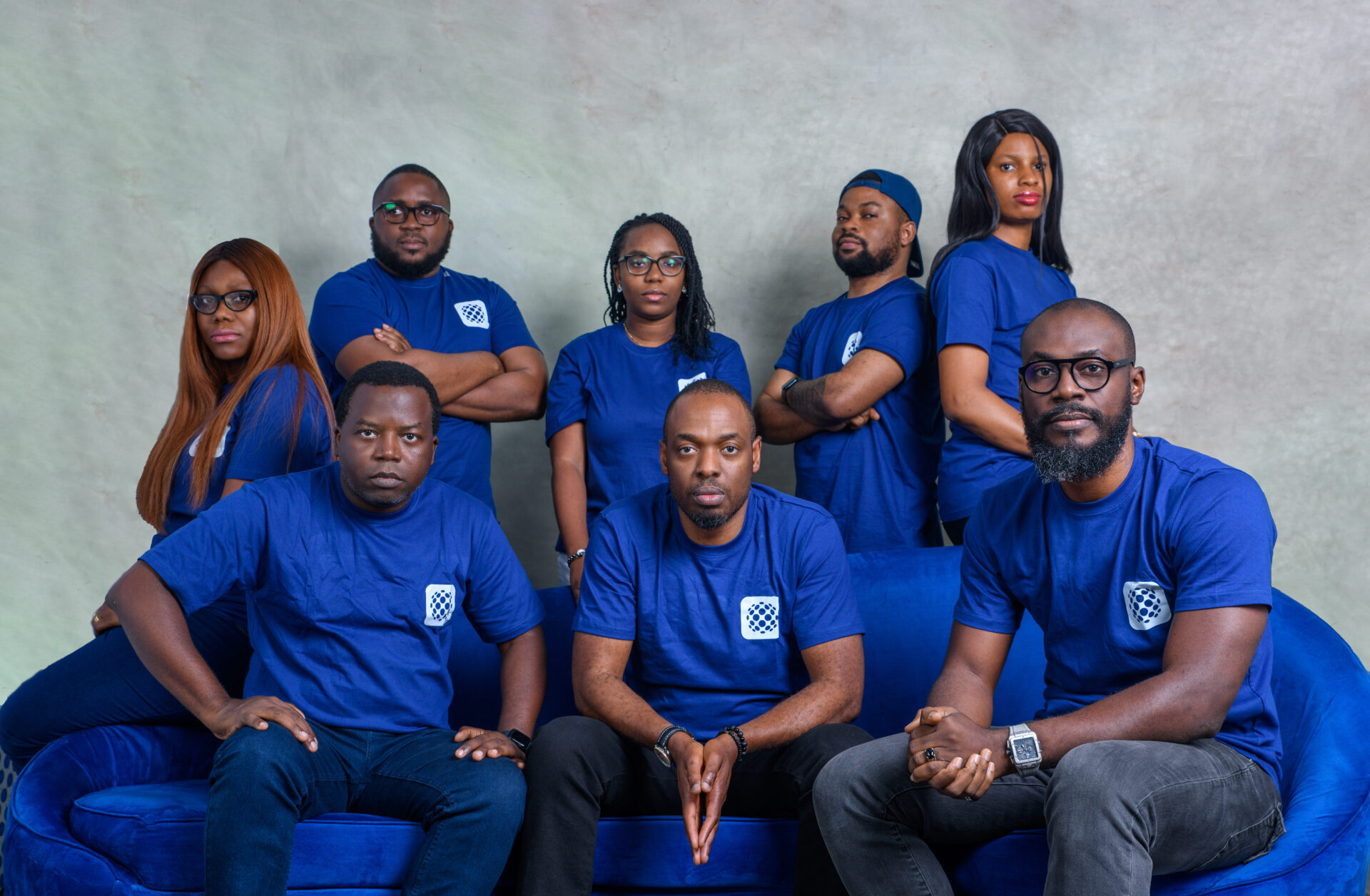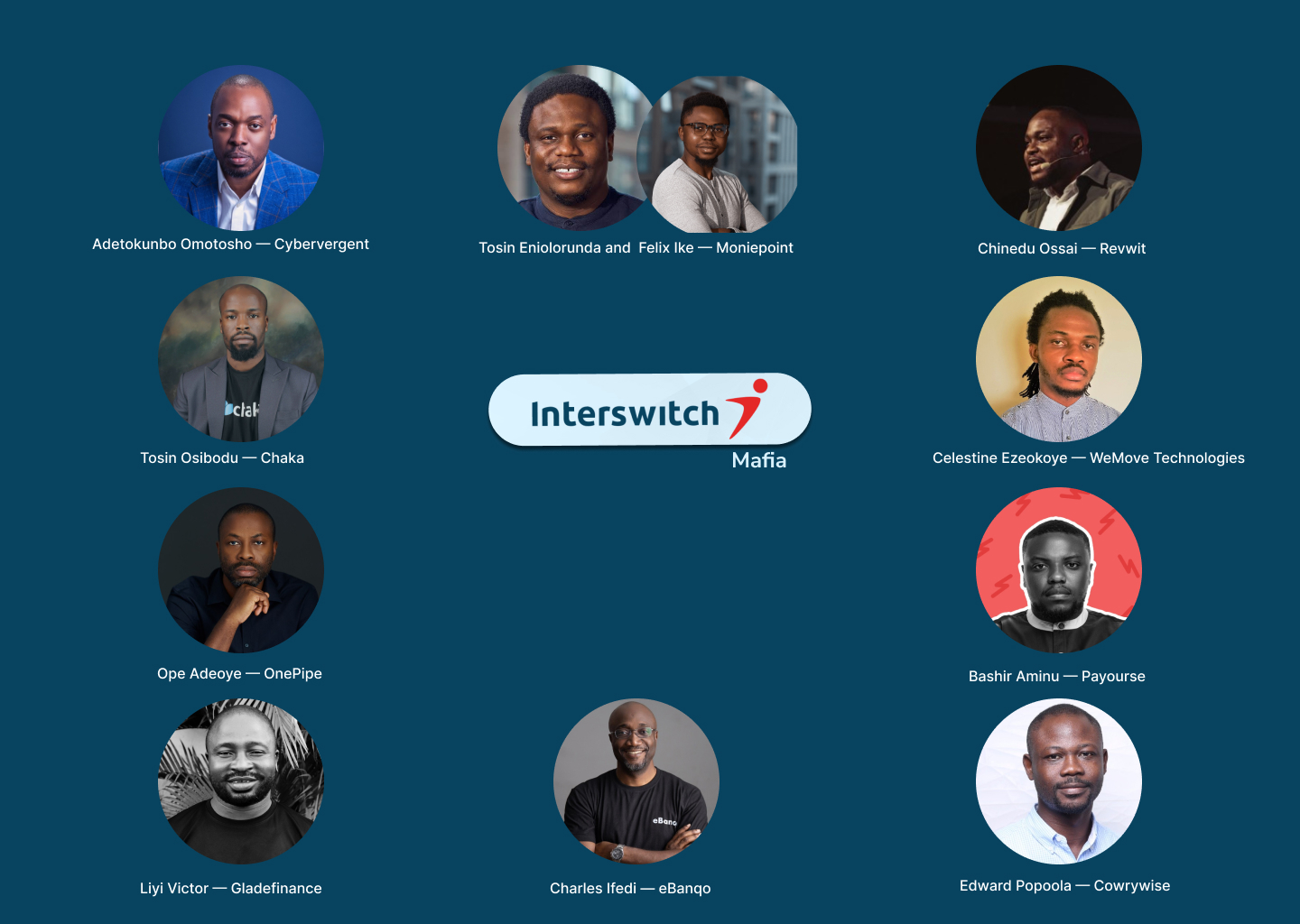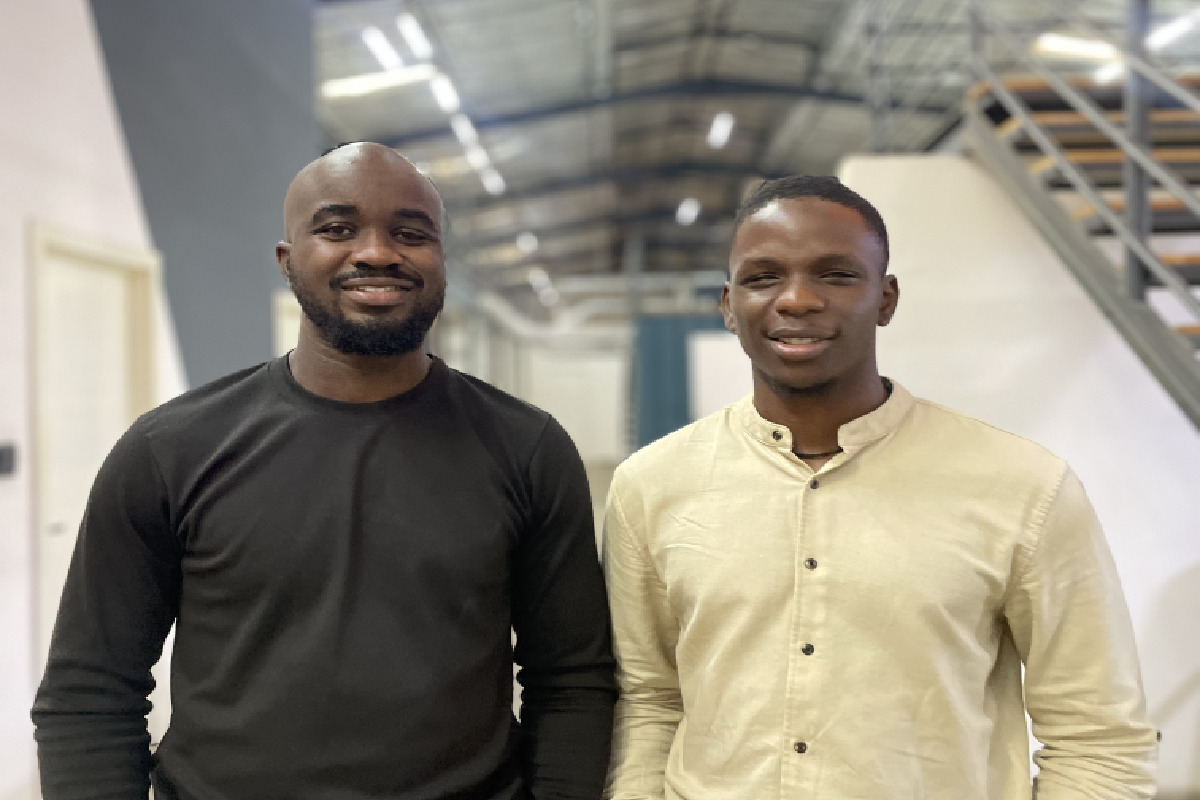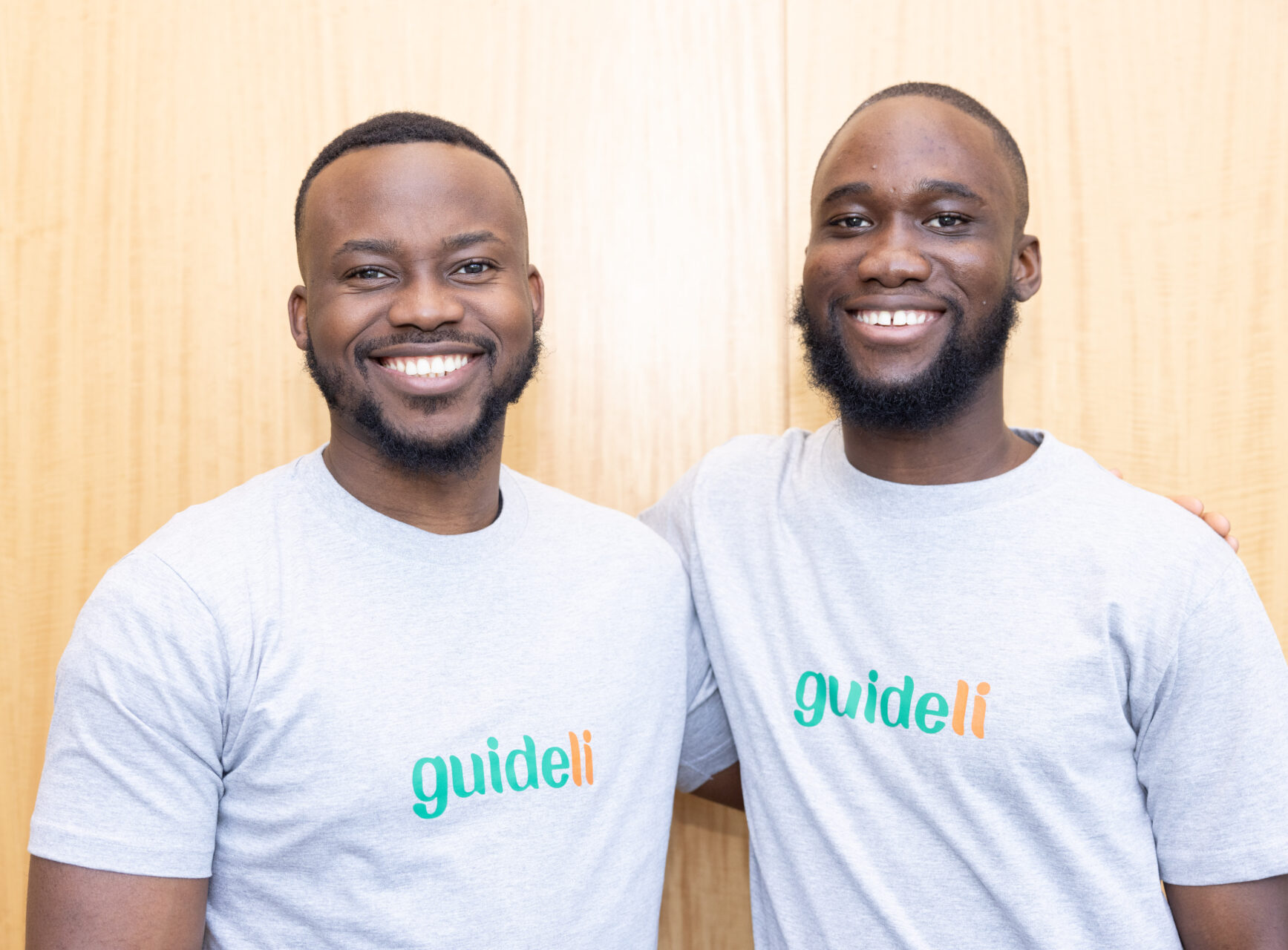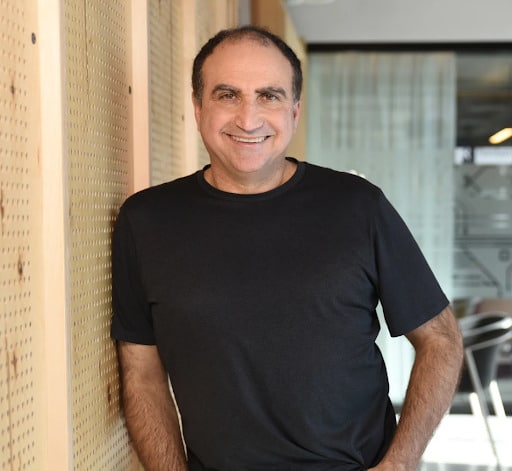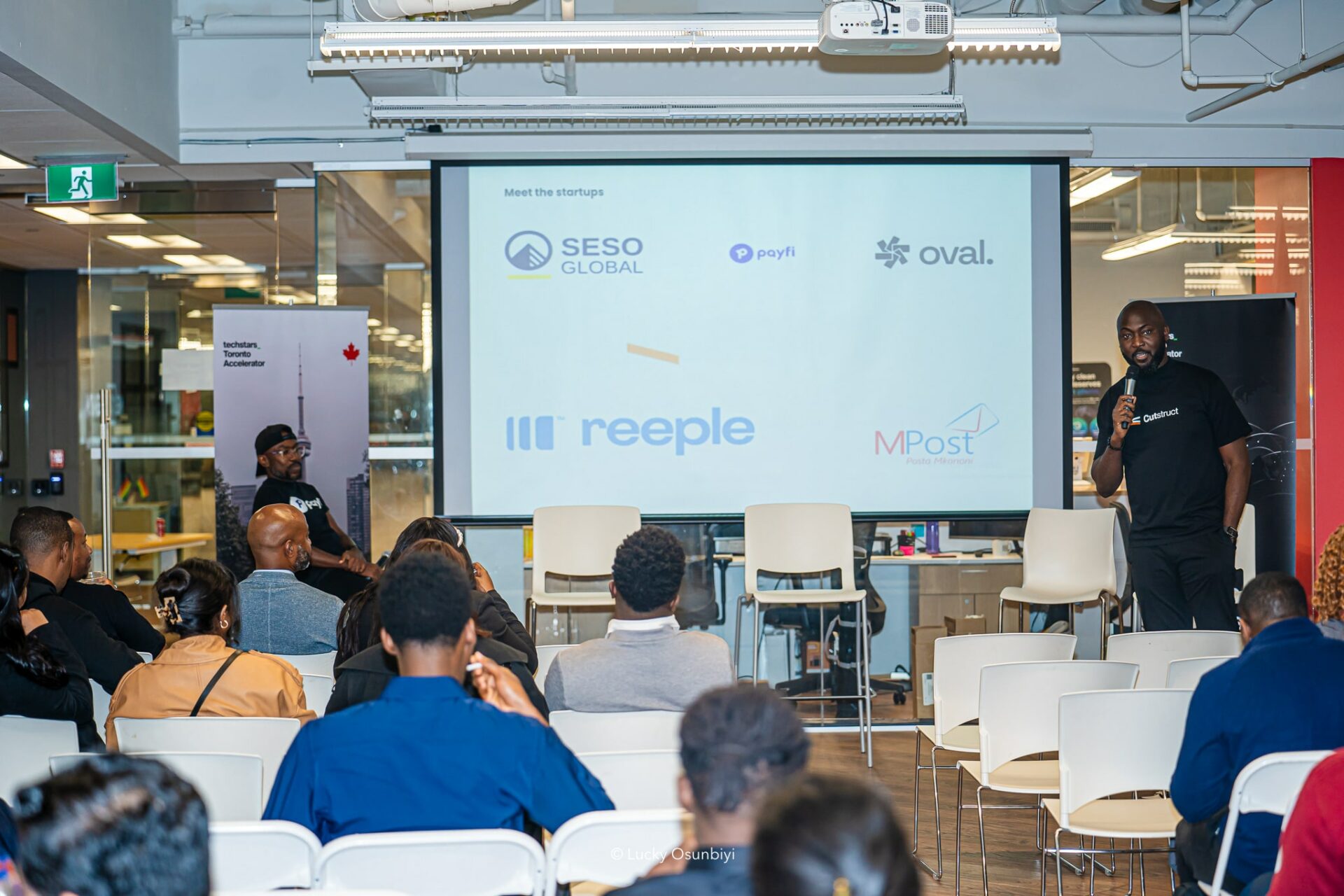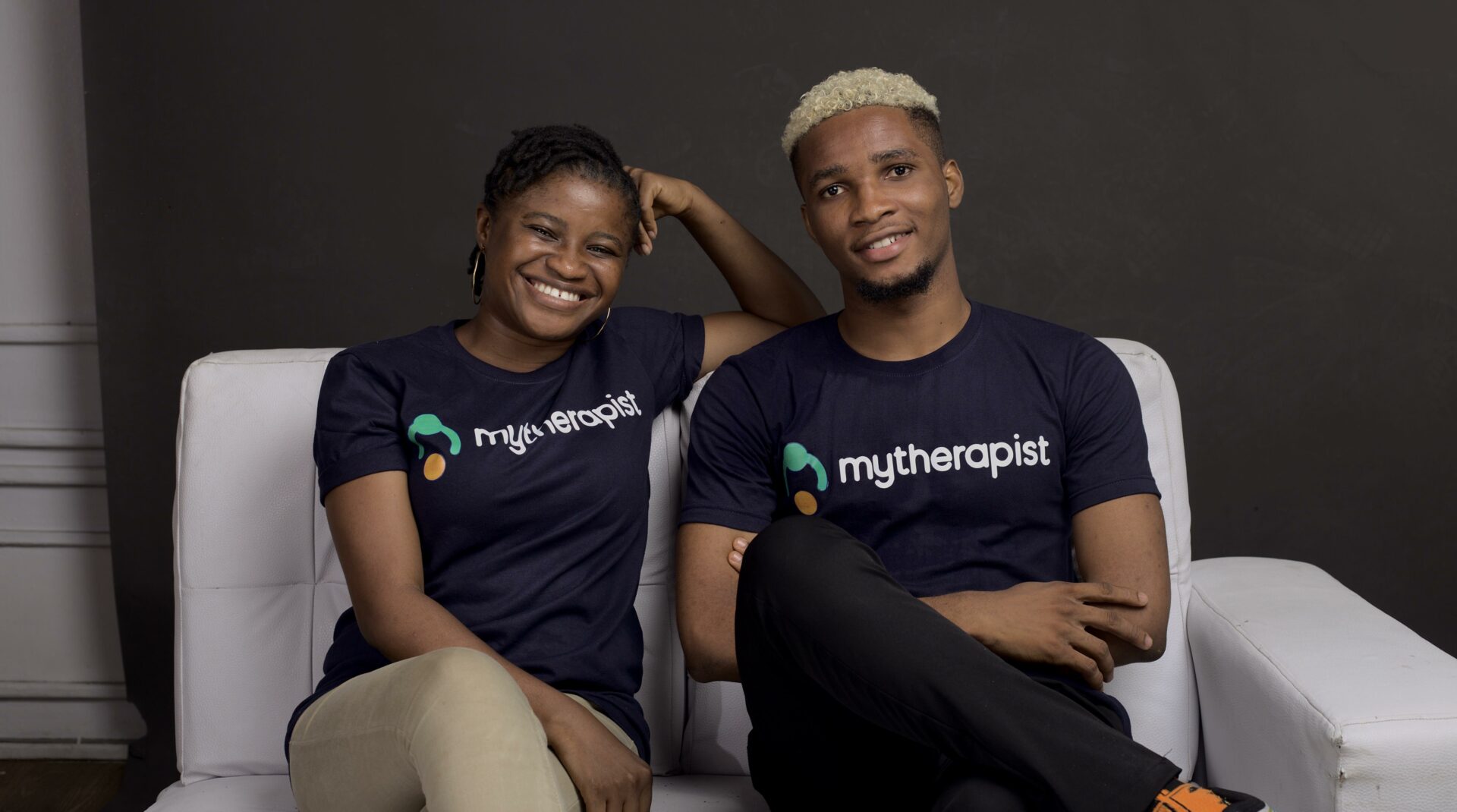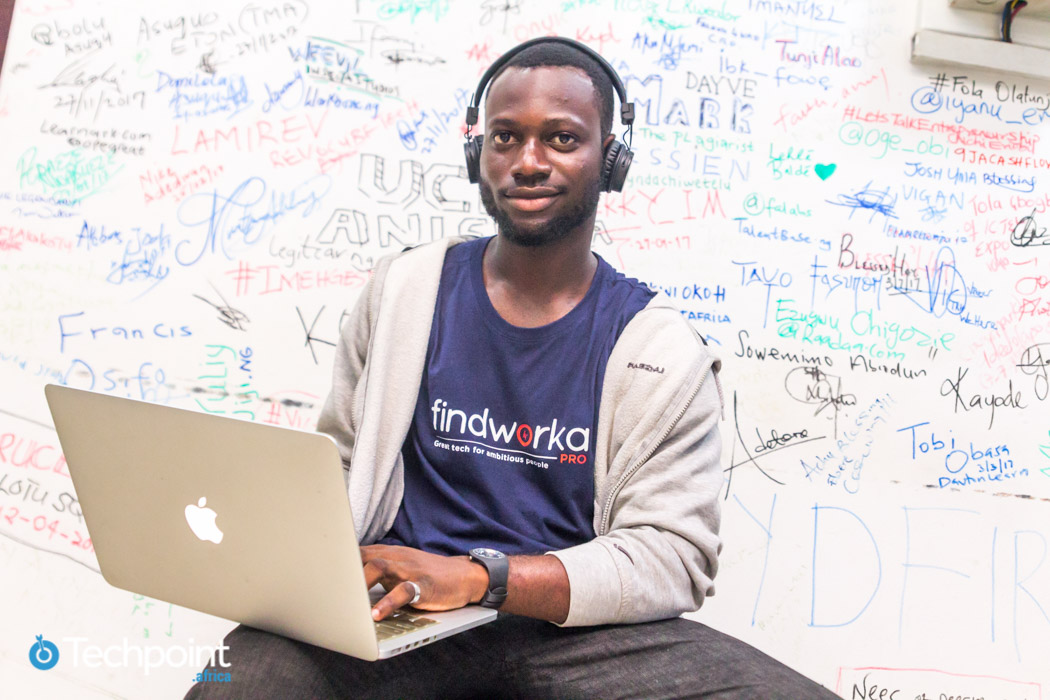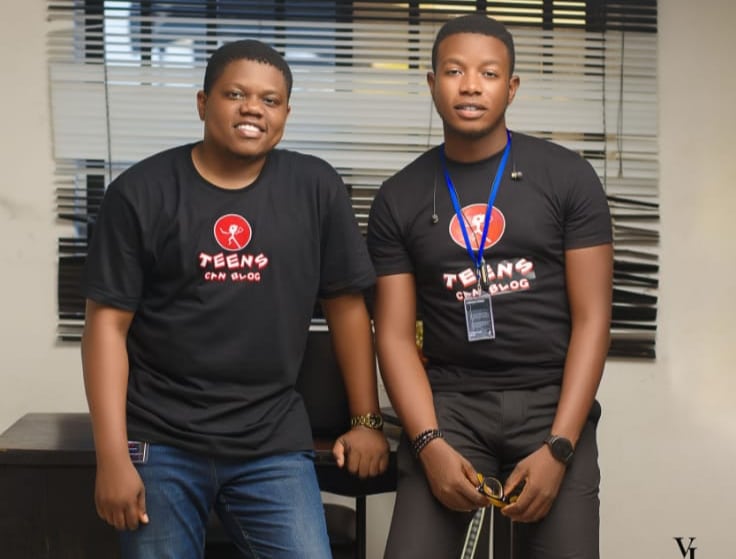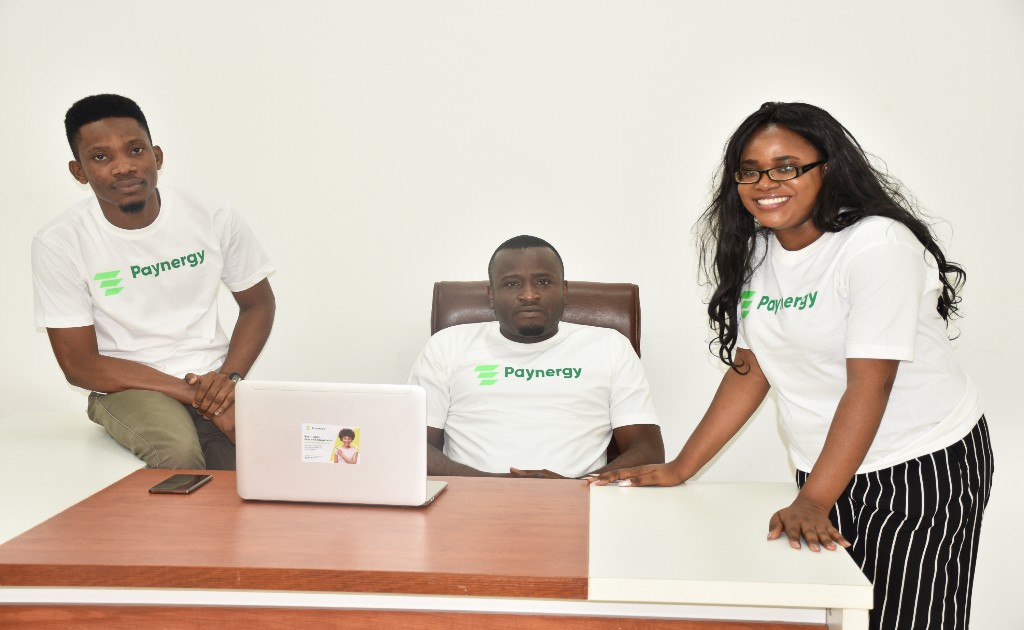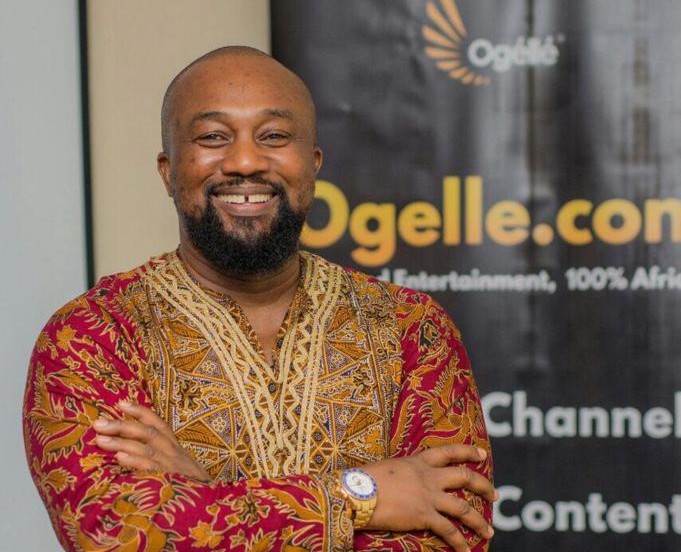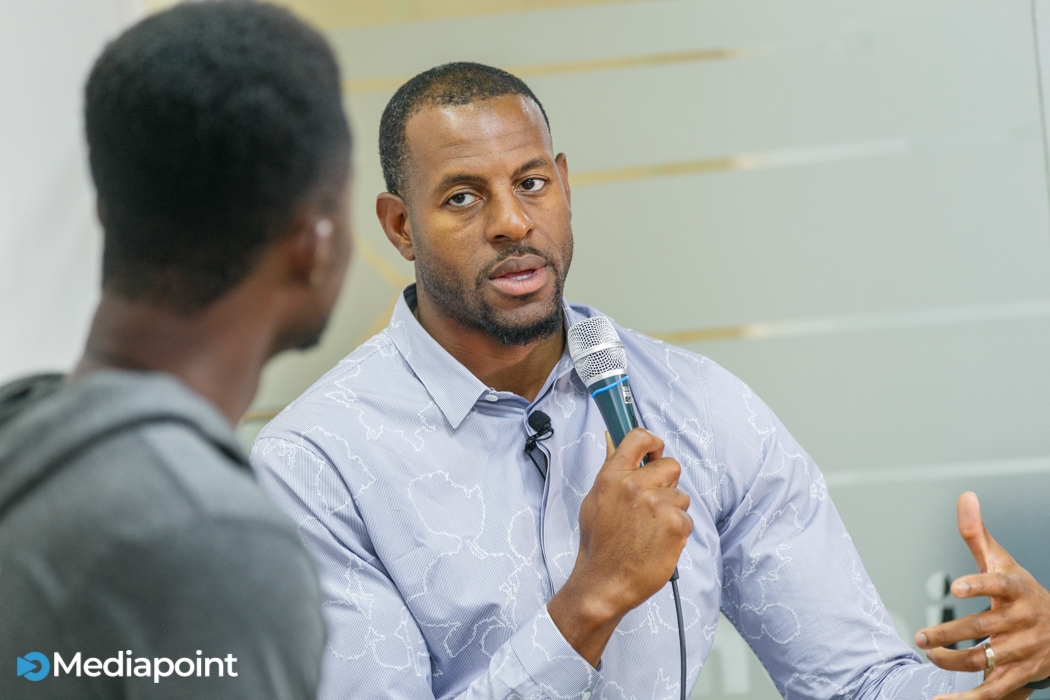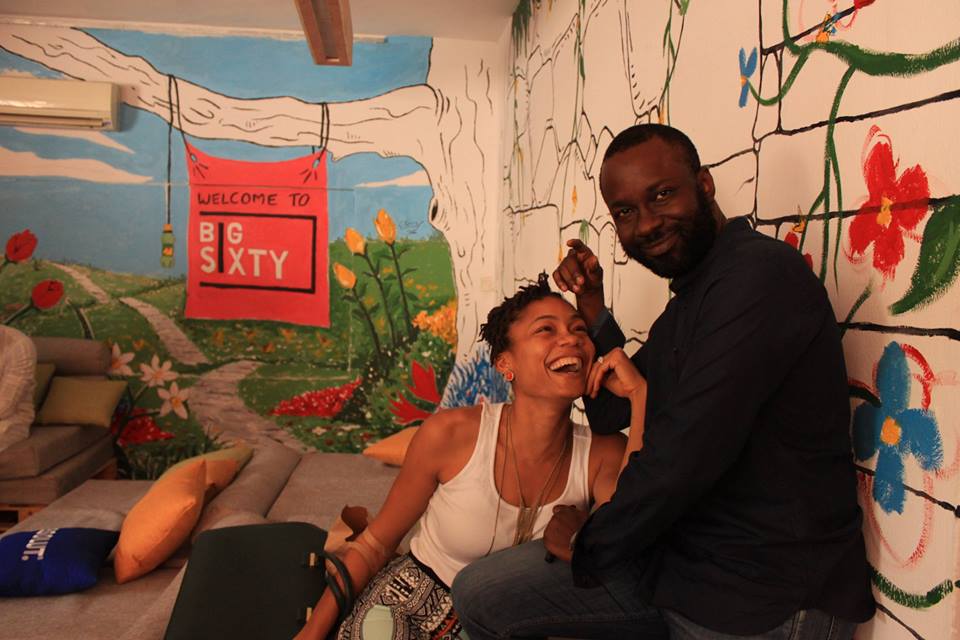Peace Itimi’s Innovating Africa documentary tells a story of the rapid rise of Nigeria’s tech ecosystem. It highlights the early beginnings of the ecosystem and some of the people who created the foundation of a space that has gone from a couple of million dollars in yearly investment to over $4 billion.
Itimi is the brain behind Founders Connect, a YouTube channel where she interviews Founders of African startups. The 45 to 50-minute interviews have now grown into a community, with the first Founders Connect event held in July 2023.
In an interview with Techpoint Africa, Itimi shared the process of creating the documentary, which she described as the story of an evolution.
“The idea came in 2021, and I was just thinking, it would be cool to figure out the bigger story. So in 2022, I started researching to know what the moments and who the key people that have contributed to this ecosystem are.”
From researching, Itimi started reaching out to people who would tell the evolution story, a story which she believed would be very robust judging from her own experience alone.
Her experience in the tech scene has spanned six years. She recollected how in 2017, she and longtime friend and associate Joyce Imiegha, would make trips from Benin City and Ibadan, Nigeria, respectively, to attend tech events in Lagos.
“Between 2017 and 2022, so many things have happened. And I’m wondering, what was 2012 to 2017 like?”
It was this question that spurred Itimi to create the Innovating Africa Documentary, and she got some answers.
Paying homage to the foundations of the Nigerian tech ecosystem
“When I started Paga in 2009, there was no tech ecosystem in Nigeria,” Tayo Oviosu, Founder and CEO of Paga, said in the documentary. Jason Njoku, the Founder and CEO of iROKOtv, also said the same thing about the state of Nigeria’s tech ecosystem 13 years ago.

Be the smartest in the room
Give it a try, you can unsubscribe anytime. Privacy Policy.
Kola Aina, General Partner at Ventures Platform also pointed out that very little fundraising was going on at the time. Adia Sowho, CMO, of MTN Nigeria, described the venture capital industry as closed and inaccessible.
Adewale Yusuf, co-founder of AltSchool, Techpoint Africa and TanlentQL, said while the ecosystem had the builders and coders, the business side hadn’t formed yet.
However, something was brewing.
From CcHub to MEST and even academic institutions like Covenant University and Pan Atlantic University, tech talents were being produced and they were coming together.
According to Tomi Davies, Collaborator-in-Chief at TVC Labs, “This gives you an idea of the kind of institutions that were creating the minds that we’re all witnessing now."
While academia produced the talents, places like CcHub and events were where they came together.
Oo Nowoye, the Founder of tech advisory company TechCircle, created what he described as arguably the first start-up meet-up in October 2010.
Founders started connecting through these meetups, sharing ideas and forming partnerships that Sowho said were key to scaling in a market like Nigeria.
Today, one way to measure how far the Nigerian tech ecosystem is to take a look at startups like Paystack and Flutterwave that have proven to global spectators that the Nigerian tech ecosystem is capable of incredible things.
While the success of Paystack and Flutterwave is key to Nigeria’s tech evolution, some startups laid the foundation for their success.
To Nwoye, one such startup is Interswitch. To Paga’s Oviosu, that startup was the smartcard manufacturing company SecureID. Other startups like SimplePay and Voguepay also existed at a time when online payment wasn't a thing in Nigeria.
However, the telcos probably played the biggest role of all.
“I often joke that telcos are the original tech bros,” said, MTN’s Sowho. The Internet made it possible for Nigerians to see what was going on outside the continent of Africa. People could learn how to code on YouTube because of telcos like MainOne, MTN and Etisalat.
There are more stories to be told
From MainOne’s impact to Nwoye's tech meet-ups, Peace Itimi believes there are still deeper stories to tell about the Nigerian tech ecosystem. There are unknown startups that have paved the way for an industry many now consider lucrative.
Itimi also said the documentary revealed how big the Nigerian tech community is.
“The documentary had a cast of about 30 people. Combined with the crew, it took an entire village.”
With more people building, failing and succeeding, the Nigerian startup community will continue to grow larger. And as the evolution of the industry continues, their stories must be documented.

